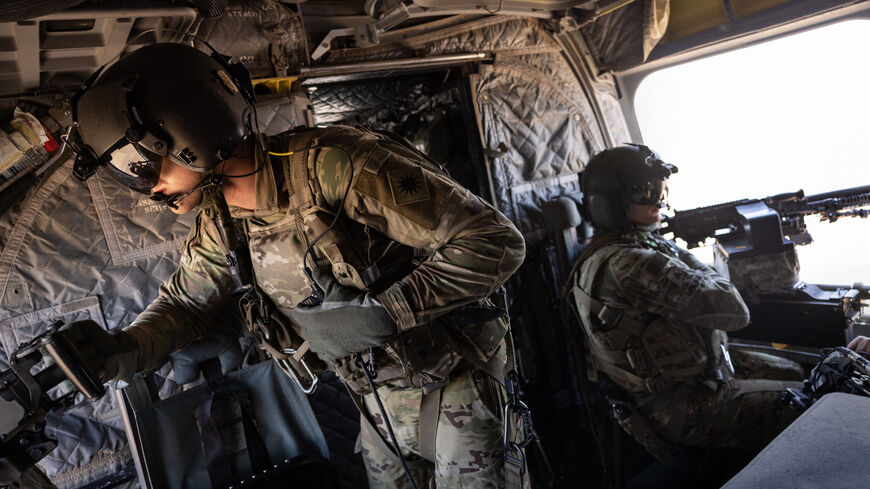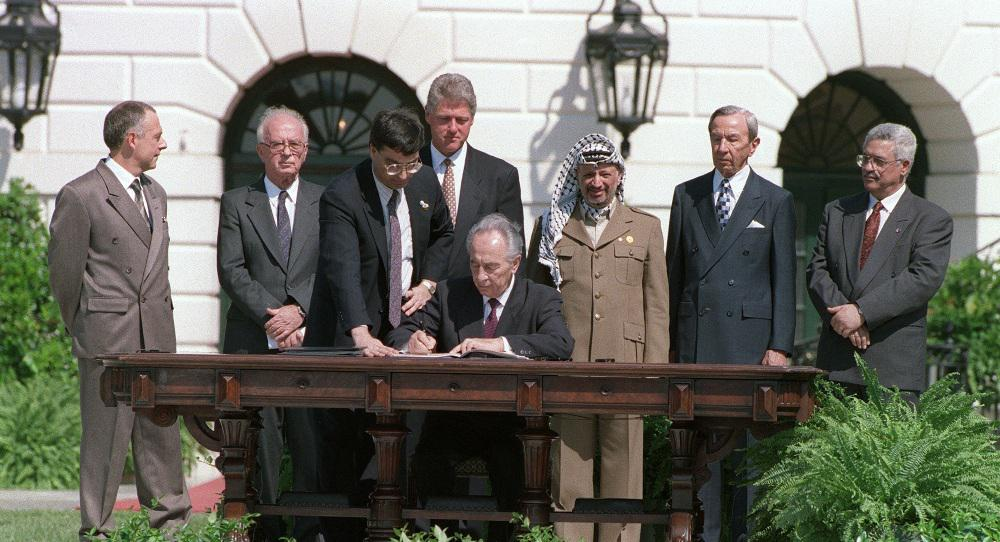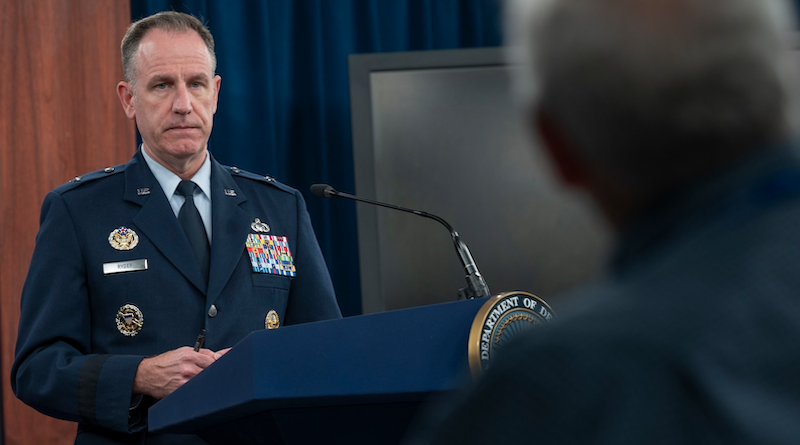Iranian Politician And IRGC Officer Brig.-Gen. Mohsen Rafighdoost: We Have Hostages We Can Eliminate If Iran Is Attacked; Hopefully, We Will Get The Opportunity To Do This

Brigadier-General Mohsen Rafighdoost, former Minister of the IRGC – a position that later evolved into Minister of Defense – said on an October 28, 2023 show on Channel 3 (Iran) that Iran holds hostages from “powers” – supposedly meaning Western countries – that have military presence in the region. He added that if attacked, Iran can “eliminate” these hostages within 30 to 60 minutes. Rafighdoost added: “Inshallah, we will get an opportunity to do this.” During the 1979 Islamic Revolution, Rafighdoost was the head of Ayatollah Khomeini’s security detail.








